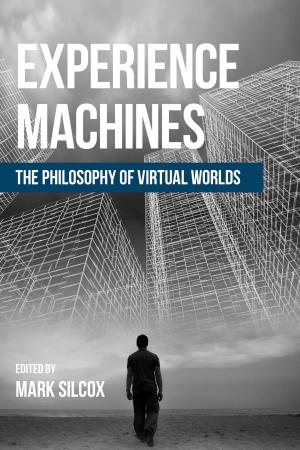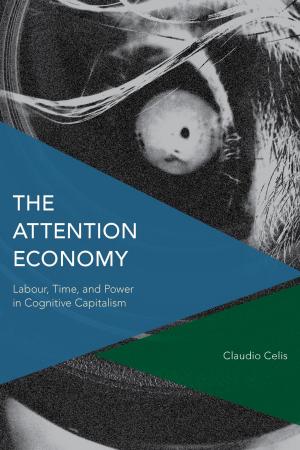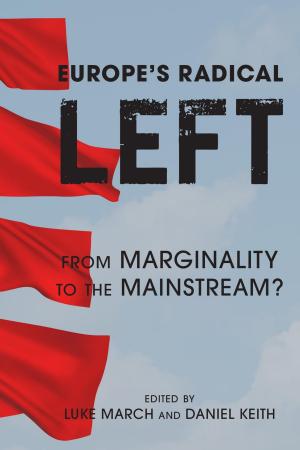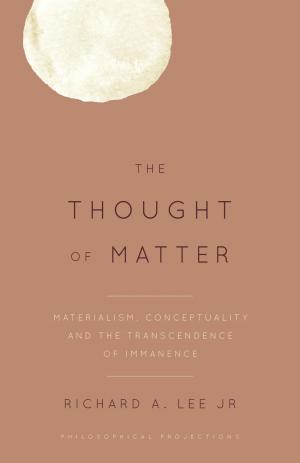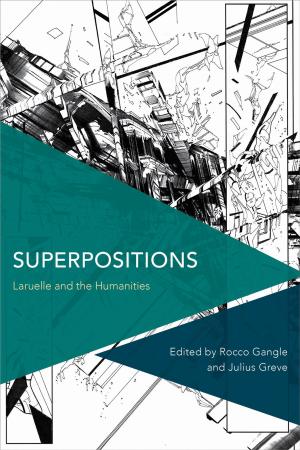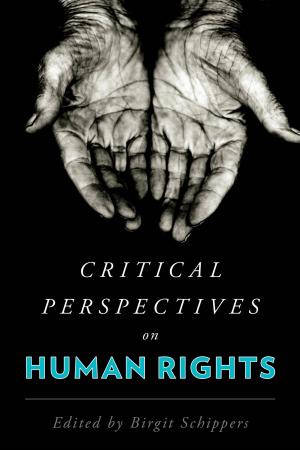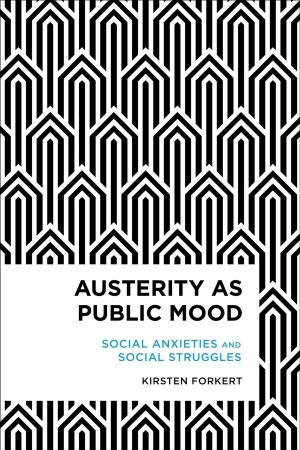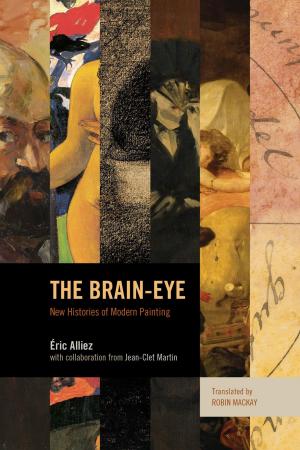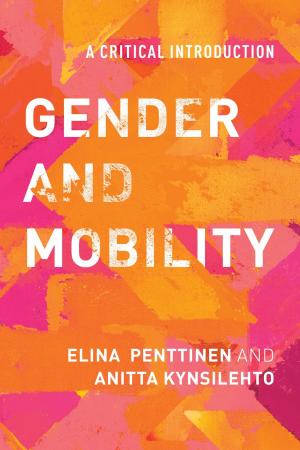Philosophy, Myth and Epic Cinema
Beyond Mere Illusions
Nonfiction, Entertainment, Performing Arts, Film, Religion & Spirituality, Philosophy| Author: | Sylvie Magerstädt | ISBN: | 9781783482528 |
| Publisher: | Rowman & Littlefield International | Publication: | December 15, 2014 |
| Imprint: | Rowman & Littlefield International | Language: | English |
| Author: | Sylvie Magerstädt |
| ISBN: | 9781783482528 |
| Publisher: | Rowman & Littlefield International |
| Publication: | December 15, 2014 |
| Imprint: | Rowman & Littlefield International |
| Language: | English |
Philosophy, Myth and Epic Cinema looks at the power of cinema in creating ideas that inspire our culture. Sylvie Magerstädt discusses the relationship between art, illusion and reality, a theme that has been part of philosophical debate for centuries. She argues that with the increase in use of digital technologies in modern cinema, this debate has entered a new phase. She discusses the notion of illusions as a system of stories and values that inspire a culture similar to other grand narratives, such as mythology or religion. Cinema thus becomes the postmodern “mythmaking machine” par excellence in a world that finds it increasingly difficult to create unifying concepts and positive illusions that can inspire and give hope.
The author draws on the work of Friedrich Nietzsche, Siegfried Kracauer, and Gilles Deleuze to demonstrate the relevance of continental philosophy to a reading of mainstream Hollywood cinema. The book argues that our longing for illusion is particularly strong in times of crisis, illustrated through an exploration of the recent revival of historic and epic myths in Hollywood cinema, including films such as Troy, The Lord of the Rings Trilogy, and Clash of the Titans.
Philosophy, Myth and Epic Cinema looks at the power of cinema in creating ideas that inspire our culture. Sylvie Magerstädt discusses the relationship between art, illusion and reality, a theme that has been part of philosophical debate for centuries. She argues that with the increase in use of digital technologies in modern cinema, this debate has entered a new phase. She discusses the notion of illusions as a system of stories and values that inspire a culture similar to other grand narratives, such as mythology or religion. Cinema thus becomes the postmodern “mythmaking machine” par excellence in a world that finds it increasingly difficult to create unifying concepts and positive illusions that can inspire and give hope.
The author draws on the work of Friedrich Nietzsche, Siegfried Kracauer, and Gilles Deleuze to demonstrate the relevance of continental philosophy to a reading of mainstream Hollywood cinema. The book argues that our longing for illusion is particularly strong in times of crisis, illustrated through an exploration of the recent revival of historic and epic myths in Hollywood cinema, including films such as Troy, The Lord of the Rings Trilogy, and Clash of the Titans.

